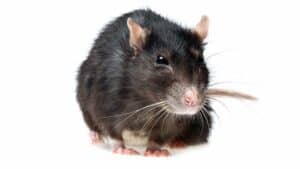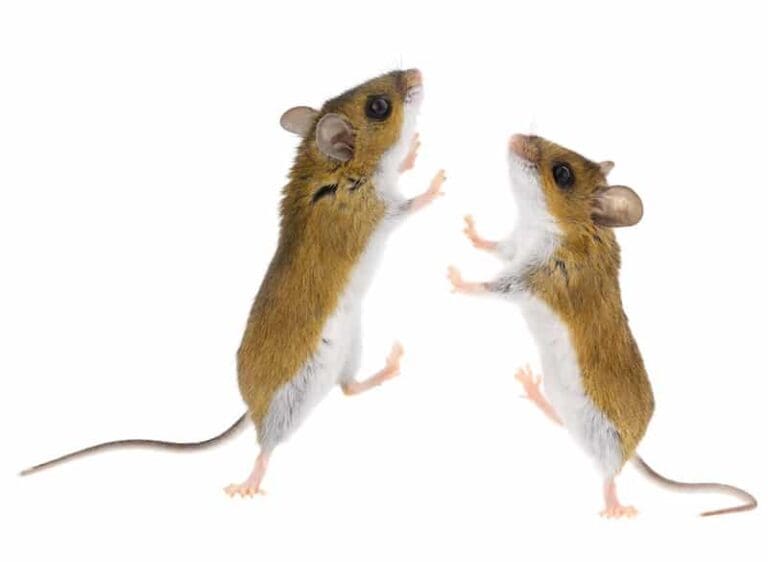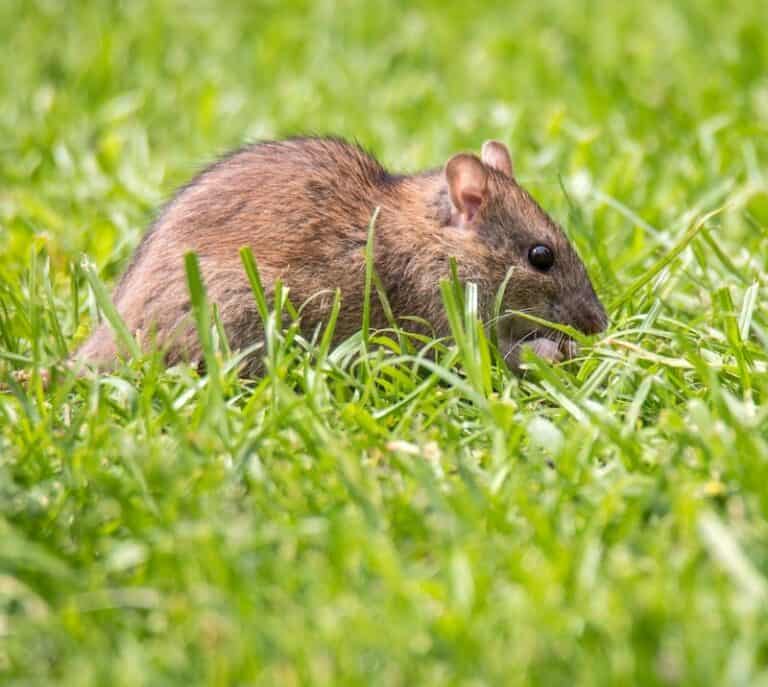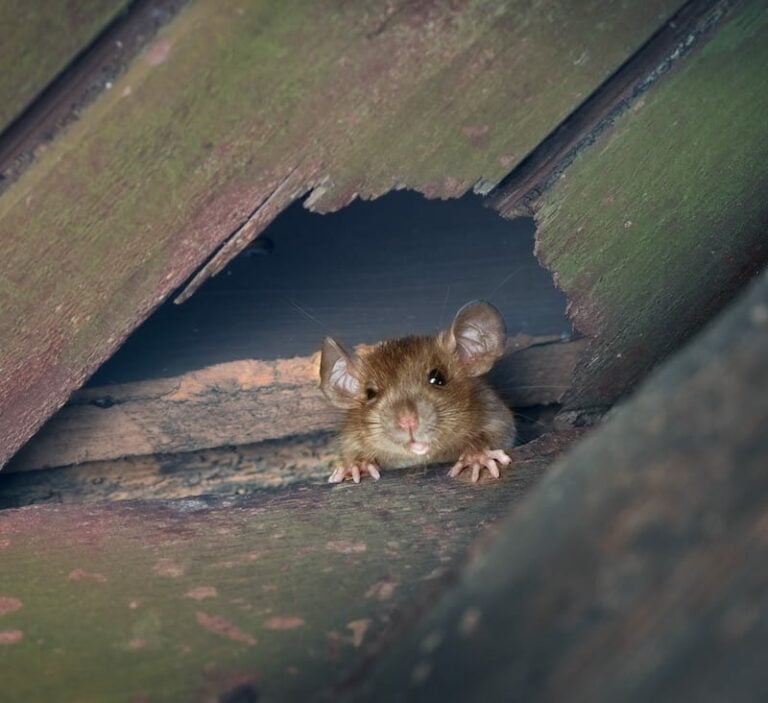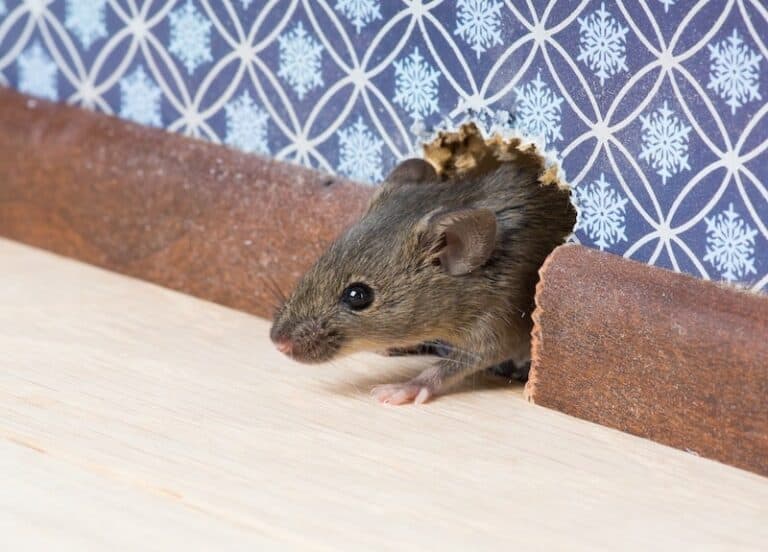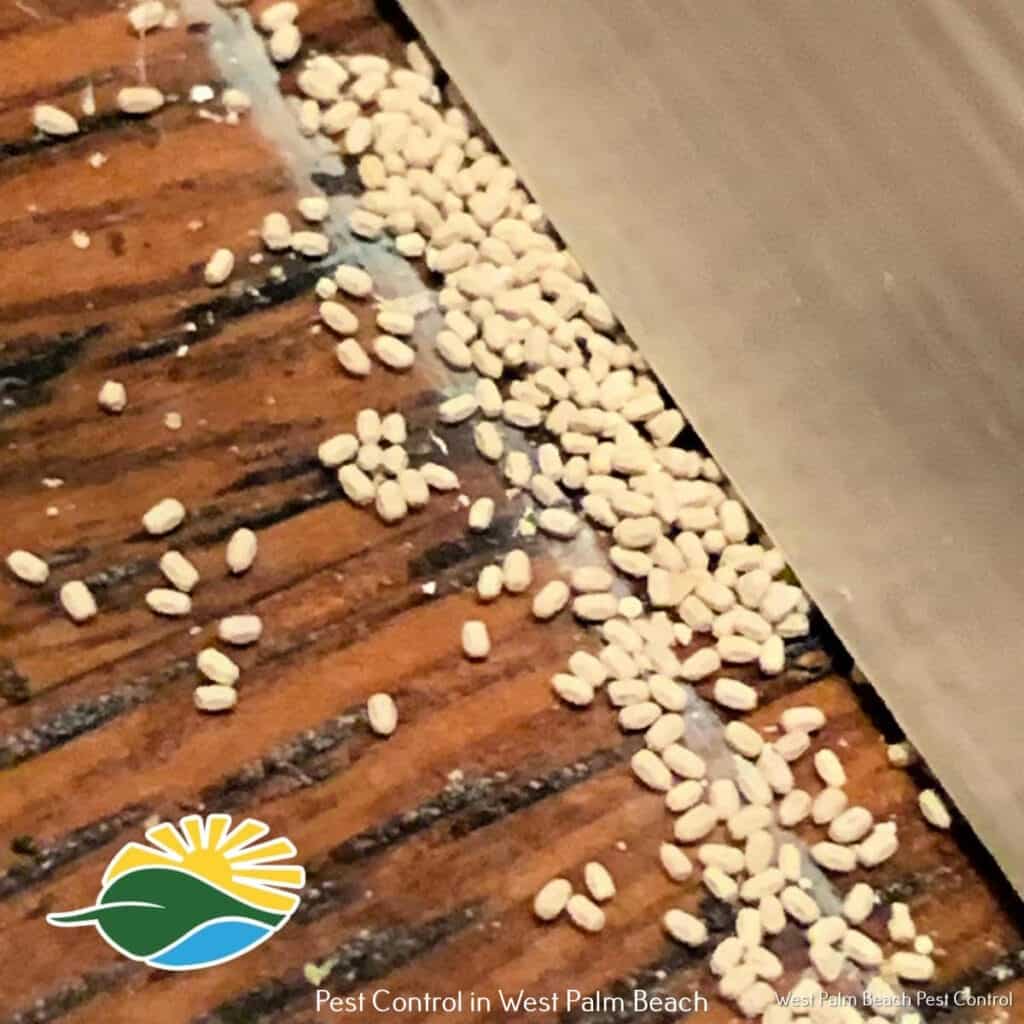
Rodents
Rats And Rodent Database
Find all the information about Rats and Rodents In One Convenient Place
The cartoons may make them seem adorable, but a loose rat in your home is never as cute as it looks when animated. Rats are not the sweet, helpful characters that children’s movies would have you believe. These rodents can be seriously problematic.
How to Identify Rats
A rat is much larger than his cousin the mouse. Rats can be from 5 to over 18 inches long with flexible bodies furred in grey or sometimes black. They have a pointed muzzle, a long and slender tail and feet that look and work like small hands. You’ll probably see evidence of rats without seeing the rats themselves as they are very adept at hiding. Look for greasy streaks low on walls as rats like to stick very close the sides of a room as the traverse it. Nests are loose and messy, often in quiet, undisturbed spots like attics. The usually have a very unpleasant odor.
Problems they Cause
Rodents like rats are often the bearers of disease like the Bubonic Plague (since they also carry diseased fleas) and Hantavirus. They can also spread diseases like leptospirosis, which can damage the liver and kidneys and is spread in rat urine. The same substance may be responsible for the spread of lymphocytic choriomeningitis (LCMV), a viral disease that can have long-term complications. Rat feces, urine, dander and hair can make asthma and allergy symptoms worse.
Seasonality
There is no “off-season” for rats. Their prolific breeding may slow somewhat in cold weather but no if they are able to find suitable, warm housing.

